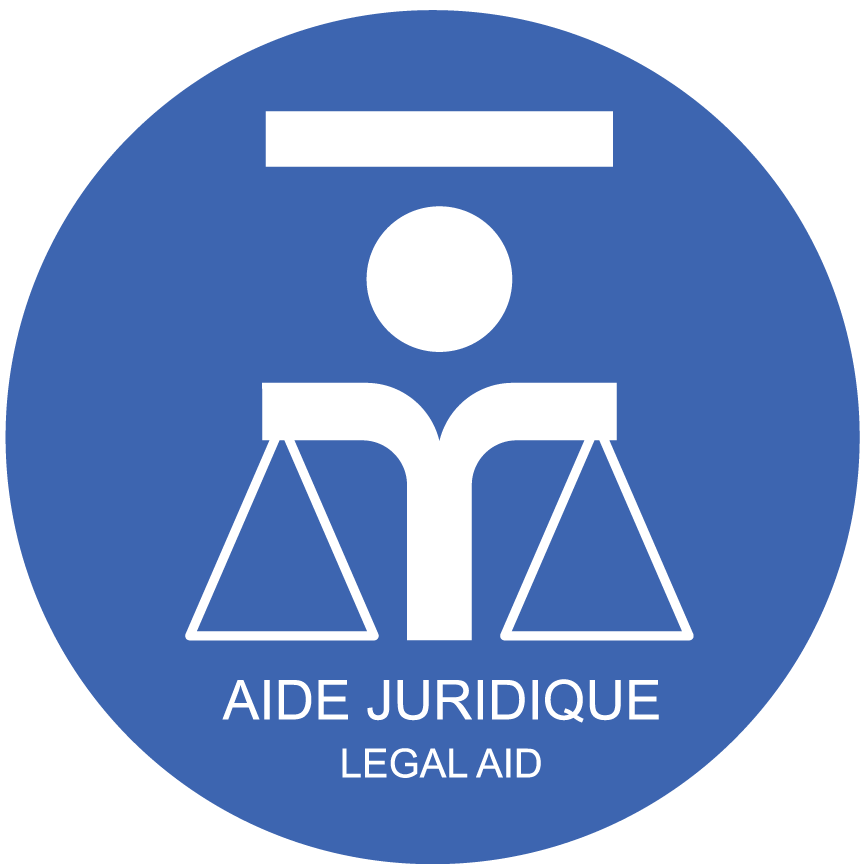If you qualify for legal aid, you can receive the services of a lawyer for free or by paying a fixed contribution. Whether it is free or not depends mainly on your income and your family situation. If you have doubts about your eligibility, the legal aid office can evaluate your situation.

Calculating if you meet the financial requirements
To determine if you are eligible for either free legal aid, or legal aid with a contribution, the following factors will be considered:
- your annual income from all sources (salary, tips, CSST, etc.),
- the value of any property (for example, a house), and
- your savings (bank account, RRSP, TFSA, RESP, investments, etc.).
Certain sums can be subtracted from your income to determine your financial eligibility. These include
- support payments you must make,
- childcare expenses, and
- expenses required by a serious mental or physical health issue.
Legal aid will take your financial situation and that of your spouse (if you have one) into account. However, if your case involves a conflict with your spouse (for example, separation, divorce, or child custody), only your own financial situation will be considered.
Your spoken explanation of your financial situation could be sufficient to be granted legal aid. However, you may be asked to provide proof of your financial situation. Legal aid could be withdrawn later on if the lawyer realizes that you are not eligible. In that situation, you may face a claim for the costs incurred in representing you.
Free legal aid
Some people are automatically eligible. This is the case if you are under 18 or if you receive social assistance (welfare).
If you are not automatically eligible, your financial situation and that of your family will be considered. For example, if you are single and do not have children, you are eligible if your annual income is $29,302 or less. If you are in a family of two parents and two children, your income as a couple must not exceed $48,053.
Good to know! The financial cut-offs are slightly higher in some distant regions, such as the Magdalen Islands.
Legal aid with a contribution
If your financial situation places you above the cut-offs for free legal aid, you may be eligible for legal aid with a contribution.
In this situation, you must pay between $100 and $800 for the legal services provided. The amount you have to pay will not change during the course of your case and includes all costs.
For example, if you are part of a family with two parents and two children, and your income as a couple is between $59,968 and $62,350, your contribution would be a fixed sum of $600.
The legal aid office will provide instructions on how to pay. You could reach an agreement to pay in instalments. You would have to discuss this with the legal aid office. You may have to show that you cannot pay the whole amount at once. pay in several installments. You must discuss this option with staff at the legal aid office. You may have to show you that you can’t pay the entire amount at once.
|
You should also check if the service you need is covered by legal aid. To do this, see our article Legal Aid: What Services Are Covered? |






